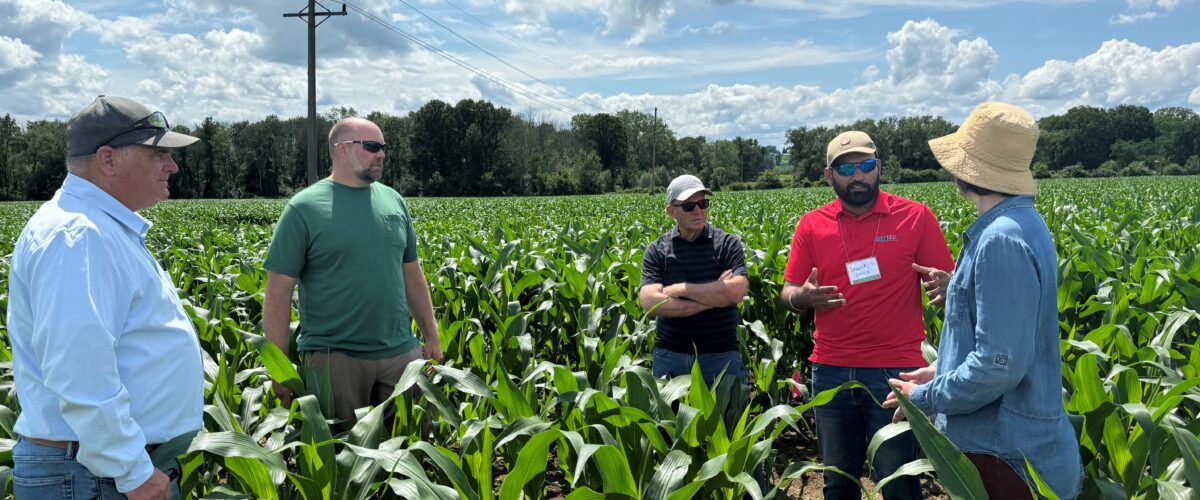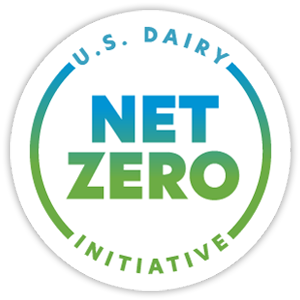
On the Farm: Additional data proving to be valuable at Osterhoudt Farms
March 12, 2025
One way DSWR is unique is that this research is being conducted on commercial farms. One of those farms is Osterhoudt Farms in Genoa, New York, a cropping operation that offers custom services to local dairies by providing forages and utilizing dairy manure. Farm representative Andy Miller is working alongside Cornell University researchers to bring this project to life.
Why do you feel it is important for your farm to participate in DSWR?
Located in the Finger Lakes region of New York, our farm provides a realistic representation of the soil and topography in the Northeast. This makes our farm a reliable example of how soil health and manure management practices impact water quality, greenhouse gas (GHG) emissions and agronomic factors such as yield and forage quality for the region. Additionally, our farm stands at the forefront of precise field data collection, as we have accurately recorded harvest data for over a decade, mapped fields with electroconductivity and have global positioning system capabilities for accurate application and work.
What are you doing at your farm to be more sustainable, including as part of this project?
This project is helping us understand the capabilities of no-till systems with dairy farms and the effect it has on GHGs caused by field management. In addition to the Dairy Soil & Water Regeneration (DSWR) project, our farm practices sustainable management in several other ways, including planting a fall cover crop on all of our ground to enhance water quality and nutrient retention. We also conduct corn stalk nitrate tests, pre-sidedress nitrate tests and test manure each day that it is applied. Additionally, we provide custom services to maximize equipment usage and utilize nitrogen stabilizing products.
What do you hope comes from your involvement in the project?
By the close of the project, we hope to obtain useful, science-based data that demonstrates the cost effectiveness and benefits of field management changes in terms of productivity as well as environmental and economic impacts. This information will be crucial in aiding the decisions we make on the farm.
What have you learned so far from your participation in DSWR?
From our participation in DSWR so far, we have learned that the variations in GHG concentrations emitted from the soil, when comparing differences in manure management systems, are far larger than we had anticipated. Also, we have observed greater yield variability in no-till systems than we initially expected.
